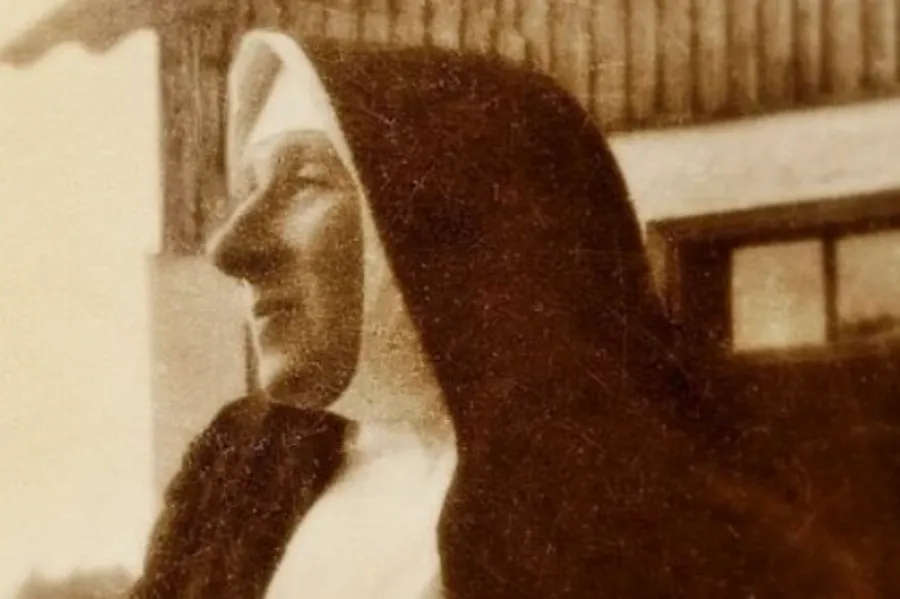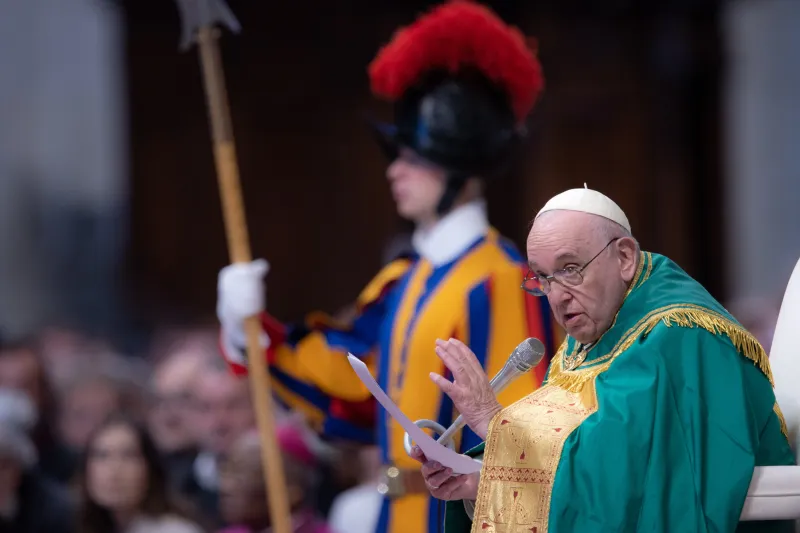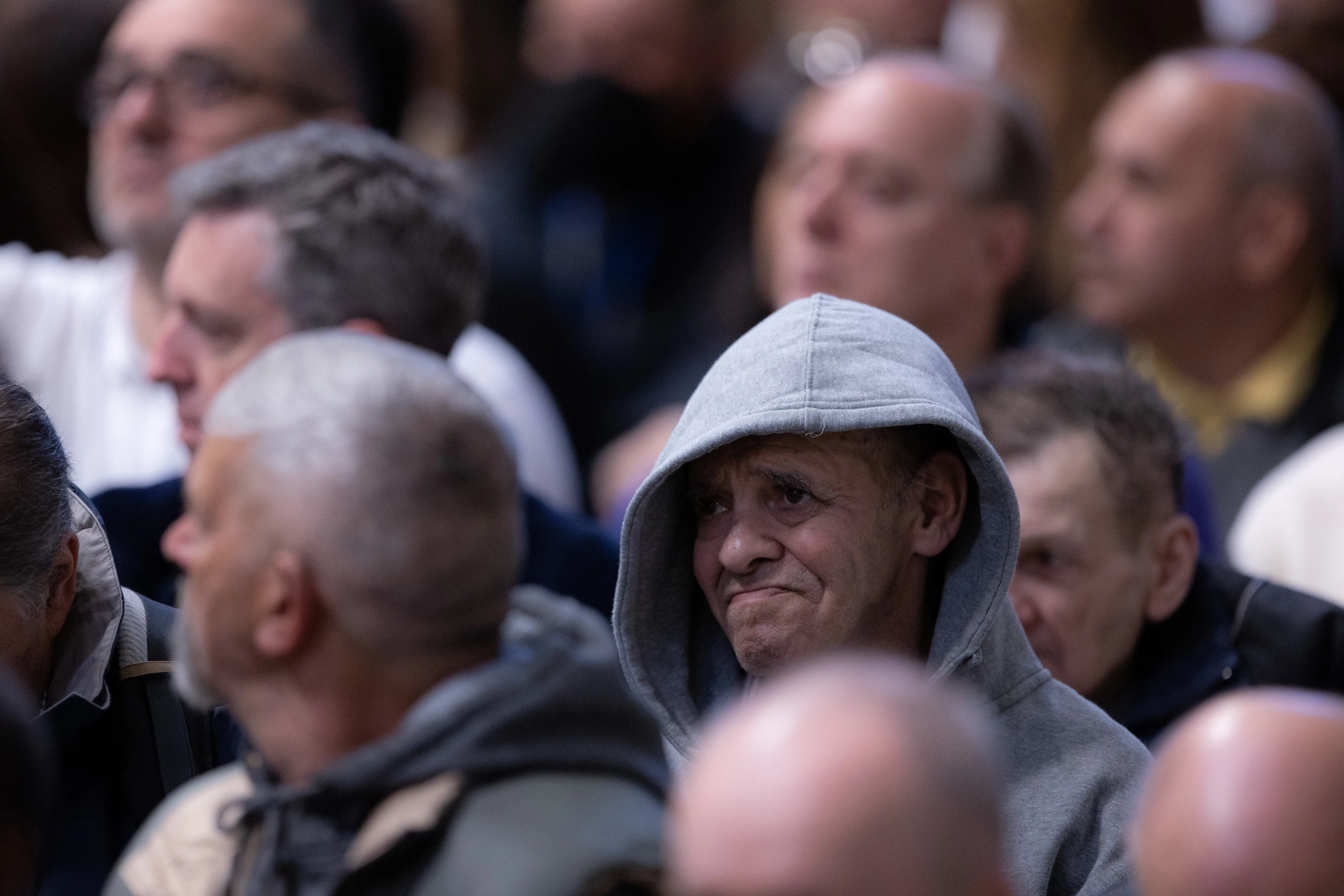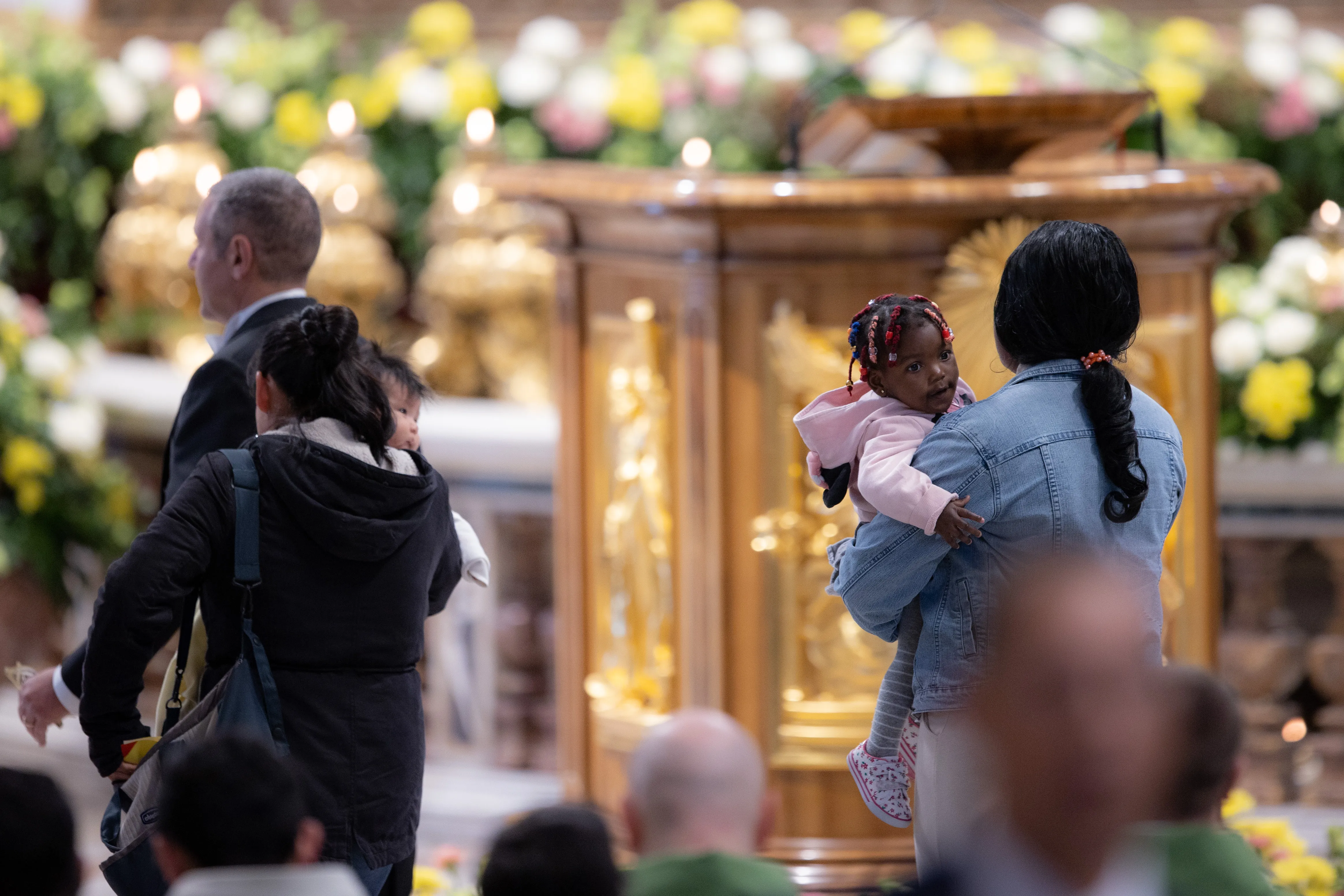%20(Konflikt%20kodowania%20Unicode).jpg?w=800)
Warsaw, Poland, Aug 26, 2021 / 13:00 pm (CNA).
Poland’s Catholic bishops will praise the example of Cardinal Stefan Wyszyński and Mother Elżbieta Róża Czacka in a letter to be read out in churches ahead of their joint beatification in September.
The letter, signed by the country’s bishops on Aug. 25, said that the two esteemed figures of 20th-century Polish Catholicism showed Catholics today how to follow the path to holiness.
Wyszyński, the Primate of Poland who led the Church’s resistance to communism, and Czacka, who pioneered a new kind of ministry for blind people, will be beatified in the Polish capital, Warsaw, on Sept. 12.
In their letter, which will be read out in churches on Sunday, Sept. 5, the bishops said: “God united these two people, so different after all, and through them He did great things. The words of the Primate — Soli Deo (To God Himself) — and those of Mother Elżbieta — Through the Cross to Heaven — which they left us, are still very relevant today. They showed us the way. There is no other way to look for.”
Wyszyński was placed under house arrest in 1953 for three years after he refused to subordinate the Church to the communist authorities.
He later became known as the “Primate of the Millennium” because as Primate of Poland he oversaw a nine-year program of preparation culminating in a nationwide celebration of the millennium of Poland’s baptism in 1966.
He also helped to secure the approval of Karol Wojtyła as archbishop of Kraków in 1964, which ultimately led to Wojtyła’s election as Pope John Paul II in 1978.
“Often the Primate is shown as a man who fought against communism,” the bishops noted in their message. “However, his priority, just like that of Mother Czacka, was to care for man and to fight for him and his freedom, so that man, created in God’s image and likeness, could shine with the full light of freedom, truth, love, and forgiveness.”
“That is why he was so concerned both about the freedom and the sanctity of the Church as well as about the common good of the Homeland, understood as respecting the rights of every Pole and making it easier for them to perform their duties.”
The bishops said that the source of Wyszyński’s inner strength was revealed in the notes he kept while deprived of his freedom.
“Totally united with God, he constantly drew from Him to give to others. This ordinary man, open to the needs of others, was extraordinary in his faith, his trust in God and the Blessed Mother. He was extraordinary in his love that forgave everyone, even those who imprisoned him. Despite the wrongs he suffered — as he himself said — he had no enemies,” the bishops wrote.

Czacka was born into an aristocratic family in present-day Ukraine and lost her sight at the age of 22. After her family’s desperate efforts to restore her vision failed, a doctor advised her to dedicate her life to serving blind people in Poland.
“Mother Czacka wanted the blind preparing themselves for an independent life to understand that they could be happy despite their blindness,” the bishops wrote.
“This new and revolutionary discovery, which Mother Elizabeth owed to her own disability, was basically simple because it referred to the teaching of the Cross.”
They continued: “Struggling with her disability and asking how to transform her own poverty into a source of help for others living in a more difficult situation, she understood that suffering can become a privileged place to meet God and to reach the truth which is difficult to see for people who are physically fit and preoccupied with the problems of everyday life. She saw with full clarity that we come closest to God when we are close to a person who is suffering and in need.”
“The basic task is to listen to the voice of people who are drowned out by suffering and the hustle and bustle of the world, and to create a space where people can find peace and a place for reflection, and with time, also a path that leads to God.”
Czacka and Wyszyński’s lives intersected in 1926 in Laski, a village about 10 miles west of Warsaw, where the religious sister had co-founded a center supporting the blind.
The bishops said that their bond was strengthened after the Nazi German occupation of Poland in 1939.
After Czacka’s death in 1961, Wyszyński frequently visited her grave.
“Before his departure for Rome for the sessions of the [Second Vatican] Council, before the difficult talks with the communist authorities of those days, he would come to Laski without giving notice or announcing himself, to pray there for at least a while,” the bishops wrote.
“Every year, with the exception of the period of his imprisonment or illness, after the Holy Thursday Mandate in the Archcathedral, he would go to Laski for adoration with the blind, the sisters, and the lay employees of the center, and to be filled with the power that flows from the light of the Paschal Cross and the victory of Christ’s love, so that he could then have it for everyone.”
The joint beatification will take place in Warsaw’s Temple of Divine Providence at noon local time on Sept. 12. Cardinal Marcello Semeraro, prefect of the Congregation for the Causes of Saints, will preside at the ceremony.
A statement following a meeting of the Council of Diocesan Bishops in Jasna Góra, southern Poland, on Aug. 25, said that attendance would be limited due to the coronavirus pandemic.
“Therefore, they earnestly ask the faithful for understanding in face of this particular situation and to join in the common prayer through special broadcasts and celebrations organized locally in cathedrals and parishes throughout Poland,” the statement said.
The Archdiocese of Warsaw announced on the same day that a pilgrim copy of the revered icon of Our Lady of Częstochowa would feature at the beatification ceremony. The copy was created in 1957 at Wyszyński’s request and toured Poland despite attempts by the communist authorities to disrupt veneration of the replica icon.
Warsaw archdiocese recalled that the image was brought to Wyszyński as he lay on his deathbed in May 1981 and that the cardinal said: “Thank you, Mother, for once again coming to me. You have always been to me the greatest Grace, Light, Hope, and program of my life.”
In the letter to be read out in churches, Poland’s bishops noted that both Czacka and Wyszyński were deeply devoted to the Virgin Mary.
“Each of them entrusted their way to holiness to the Blessed Mother and wanted to serve God and man as Mary did. Mother Elżbieta made her act of consecration to the Mother of God on Dec. 8, 1921, saying: ‘I choose you today as my Mother, Protector…’ And the Primate, imprisoned in Stoczek Warmiński, on Dec. 8, 1953, said: ‘I consecrate my body and my soul to you (…) everything that I am and everything that I possess.’”
If you value the news and views Catholic World Report provides, please consider donating to support our efforts. Your contribution will help us continue to make CWR available to all readers worldwide for free, without a subscription. Thank you for your generosity!
Click here for more information on donating to CWR. Click here to sign up for our newsletter.








Leave a Reply